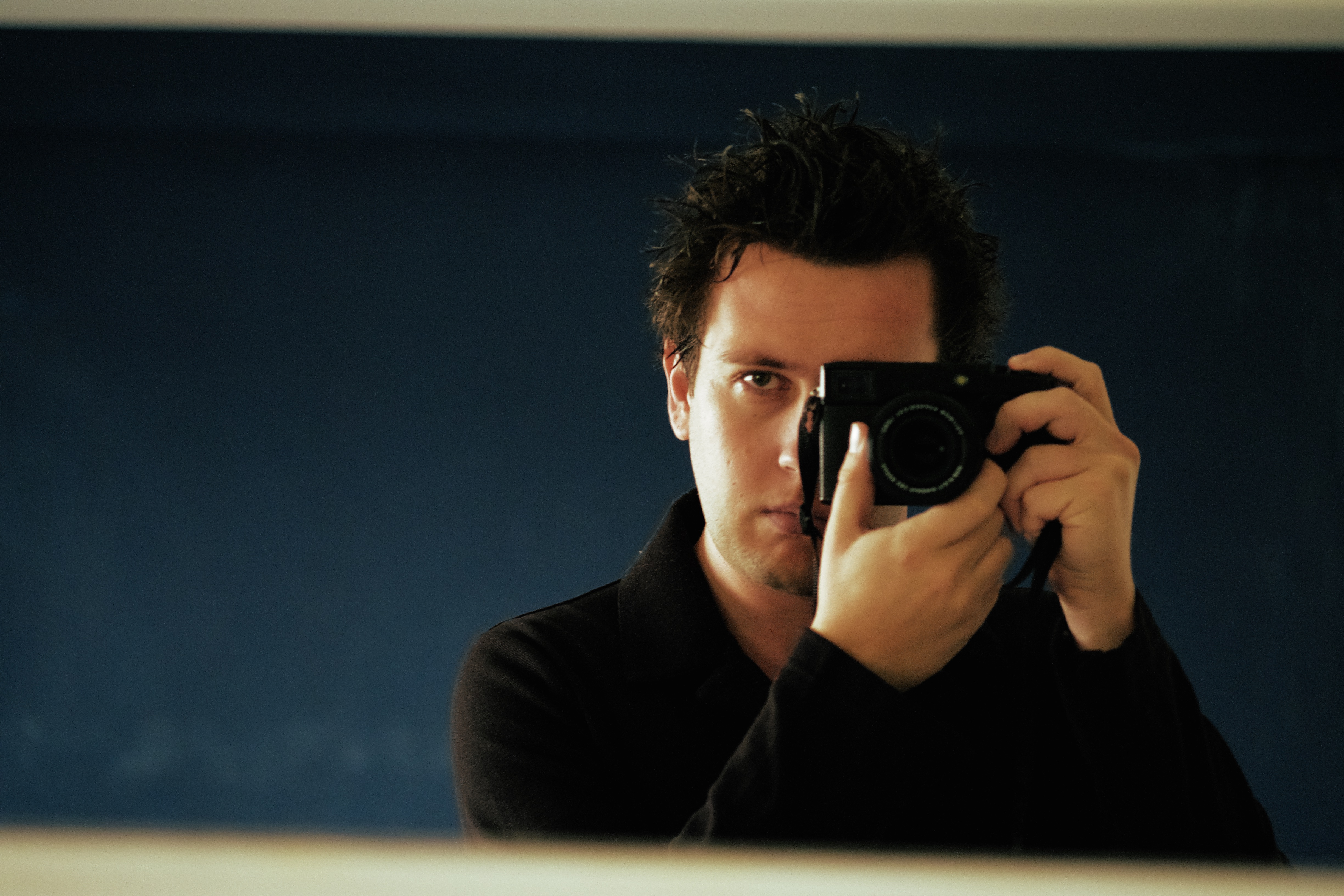A bill to alter the constitution and enable the Indigenous voice has passed the federal parliament ahead of Australia’s first referendum in 24 years to be held later in 2023.
The Senate passed the bill on Monday 52 votes to 19, confirming the wording of the constitutional change to be put to the Australian people. The draft legislation passed the lower house last month.
Highly recommend listening to Noel Pearson’s Boyer lectures (can be found on ABC audio)- he makes some excellent points about why recognition for First Nations people is so vital. I will be voting Yes in the referendum.
I’m voting yes because I don’t want to empower the subset of “No” voters who will take a “no” win as a sign that Australia approves of their racism views and become a louder voice in political discussion.
But I don’t believe the voice to parliament will be useful in anyway or something we want to lock into our constitution till the end of time.
I’m open to civil discussion with anyone here to convince we the voice to parliament is actually a good thing. Or indigenous sovereignty in general. Not convinced in that either.
I don’t think it makes sense to vote for something you don’t believe in just because others you disagree with will make the same vote.
I can see where you’re coming from. But a no vote will make australia a shittier place for our nonwhite members. So I don’t see it as voting for the voice, I see it as voting not to empower racist shitheads. Voting yes will at least not make the situation worse.
Or indigenous sovereignty in general. Not convinced in that either.
In what way are you not convinced? Who do you think it’s “not a good thing” for?
Anyone but I don’t think it would affect anyone but first Australians. I think everyone in Australia deserves the same rights. Having a seperate or parallel legal system/government doesn’t seem like a good idea. What if they have some backwards ideas on the rights of women, the lgbt or on corporal punishment.
To be fair I haven’t looked to see how it works in other countries with the similar First Nations issues, but the Indian Reservation system in the US doesn’t seem like something to copy.
The argument that they never conceded defeat doesn’t hold much water with me; it was an assimilation that’s not how that works.
What if they have some backwards ideas on the rights of women, the lgbt or on corporal punishment.
What a strange assumption to make. Why would Indigenous Australians be any different in this regard? This sounds like some flawed “white knows best” thinking.
The argument that they never conceded defeat doesn’t hold much water with me; it was an assimilation that’s not how that works.
Those two things aren’t mutually exclusive. First Nations peoples have been forcibly assimilated into white society after having their sovereignty stripped through the process of colonialism.
What a strange assumption to make. Why would Indigenous Australians be any different in this regard? This sounds like some flawed “white knows best” thinking.
These are contemporary modern issues too. Plenty of the rest of Australia have backwards beliefs on these issues. Our society has only made progress on these issues in the last decades. Other contemporary societies haven’t made any progress on these issues. (See the Middle East or Africa.)
I would like to take a moment to acknowledge this argument does lear close to white-supremacists white-society arguments. I don’t think race has anything to do with it. I think economics do. Prosperous societies become more liberal. Western society has just been the most prosperous society in the last few hundred years. Previous nonwestern societies have had periods of liberalism during prosperous times (see the Middle East). I think this is also an argument that giving sovereignty to non-prosperous regional communities is a bad idea.
The elders of 70 aboriginal communities delivered a petition against gay marriage to the government.
Corporal (and capital) punishment was used in aboriginal lore.
Your “white knows best” comment reeks of moral relativism. And while I’m not a moral realist you’d be pushing shit uphill to win an argument against individual rights.
All the things you mentioned exist in white society too. You’re cherry picking small examples and extrapolating them into a broad characterisation of a large and diverse group of people, yet for white society you have failed to do the same. I wonder why?
No I didn’t ? I specifically called out that this exists in modern Australian society? I provided examples of indigenous issues so you couldn’t accuse me of making this out of whole cloth.
I don’t think every aboriginal community will have these issues. I think it’s a bad idea to have multiple (hundreds of) smaller governments where these issues could pop up. Every Australian deserves the same and the best rights we can give them. Our job isn’t done in that regard and it would be a backward step to allow small communities to “decide for themselves” in these regards.
Who is “we”? What do you mean by “our job”? You deny my suggestion of a white saviour attitude yet it is persistent in every reply you make.
It is how racism becomes enshrined in law. Vote no, before it is too late.
The voice to parliament isn’t about race, it’s about ensuring that the traditional owners have constitutional right to advise parliament.
I have family in the yidingi in Cairns. It’s a separate nation, as are all the aboriginal nations.
There are many separate nations.
My family member was just last week asking me how the hundreds of other nations will all agree and find a common ground. I had no answer as, just like he said, there is no one aboriginal nation, rather many individual nations.
One group of people from a nation or two, or ten even, can’t make a decision for all aboriginal nations. That was his take anyway.
So he’s voting no.
I am not aboriginal. I don’t have full info on what the decision means. So I have no idea how I can vote either way.
Transparency is important. Inclusion of, and working with all aboriginal nations is also important.






